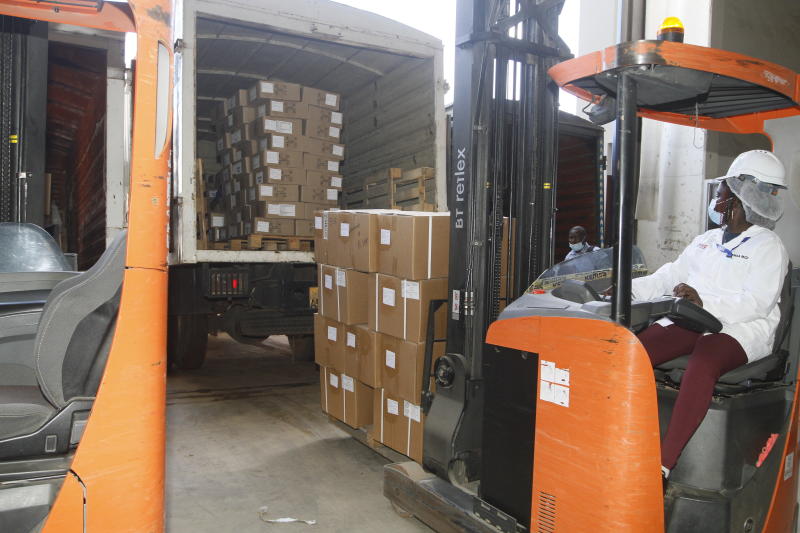×
The Standard e-Paper
Stay Informed, Even Offline

The Ministry of Health has received 75,000 packs of child-friendly Anti-Retroviral drugs, which could be a breakthrough for parents struggling to administer the medication to their children.